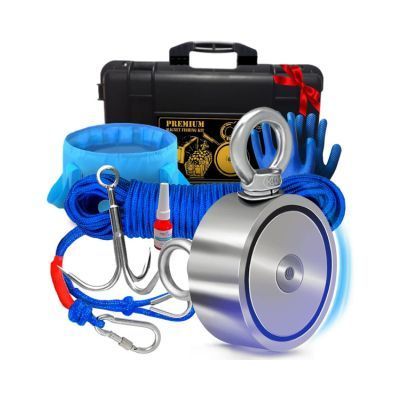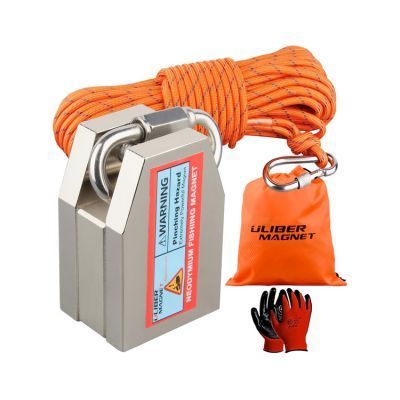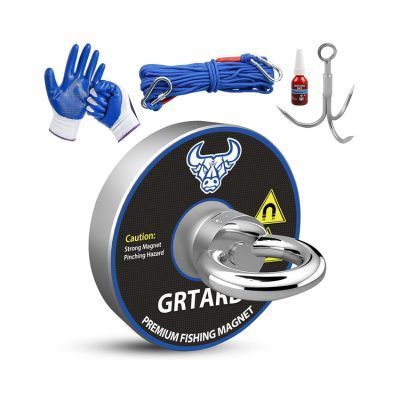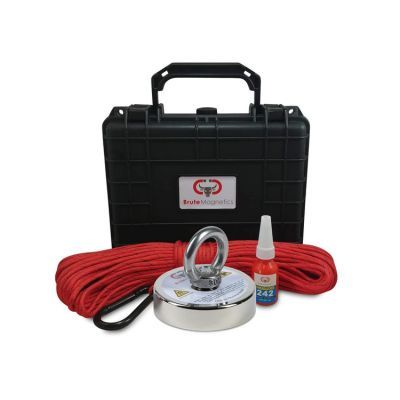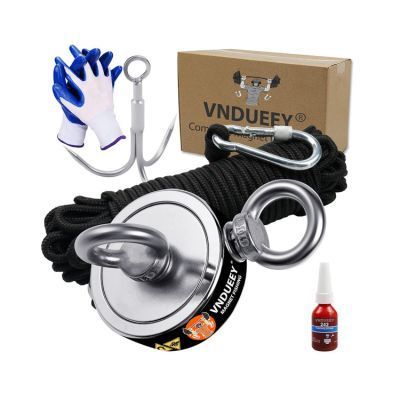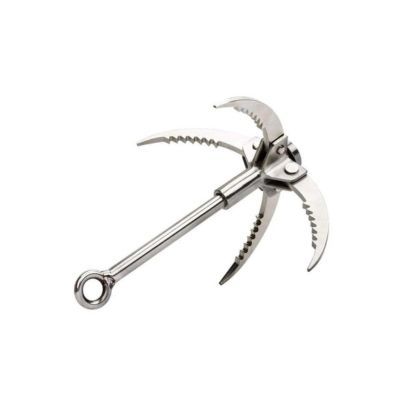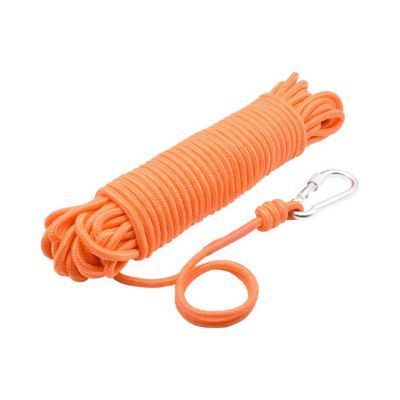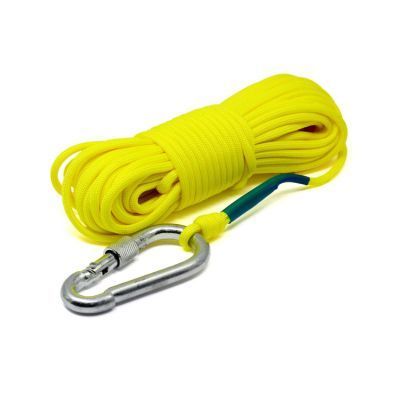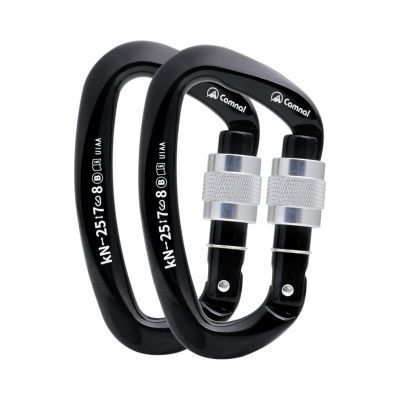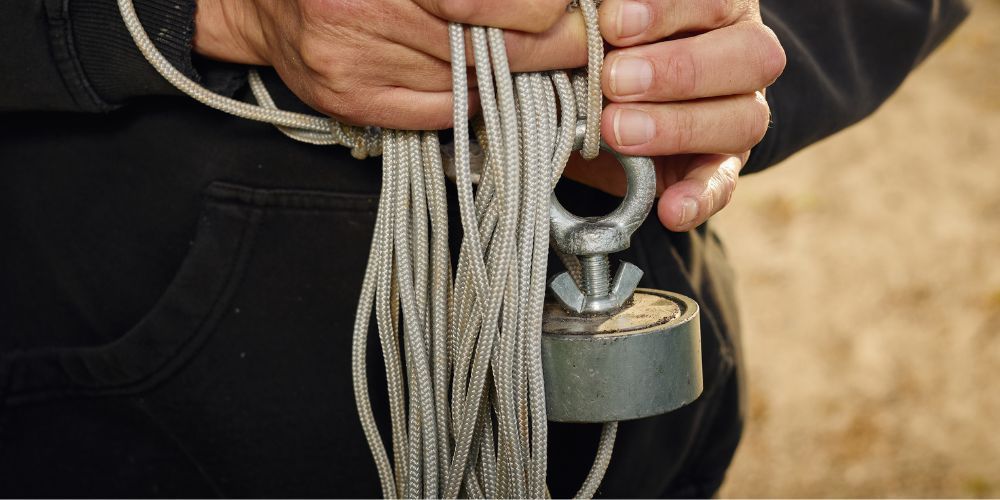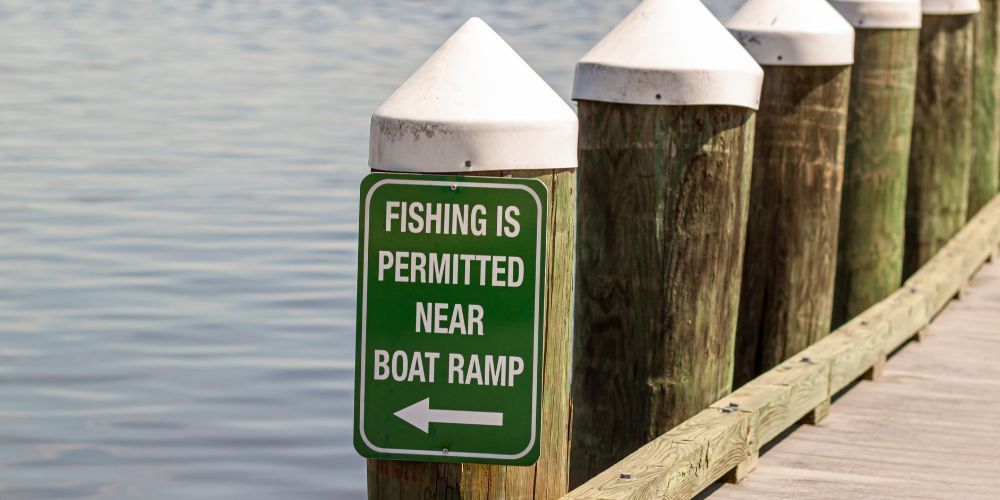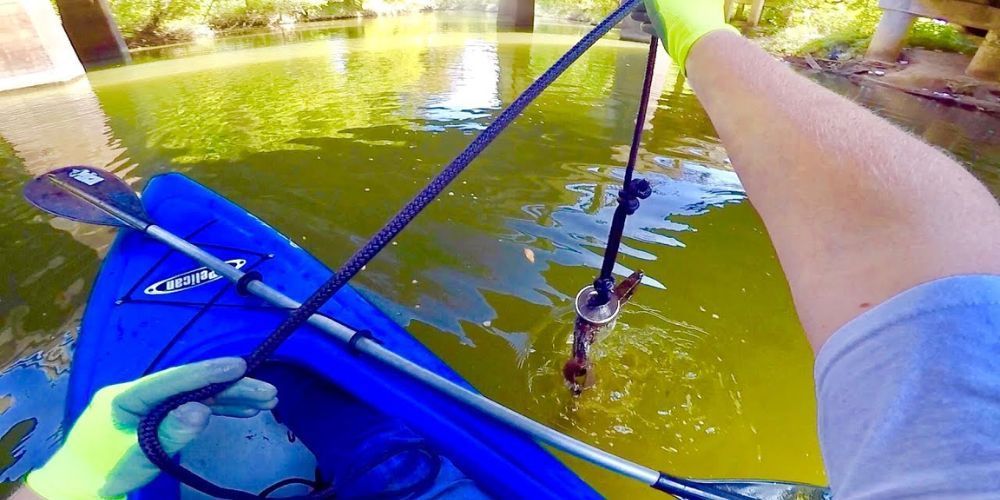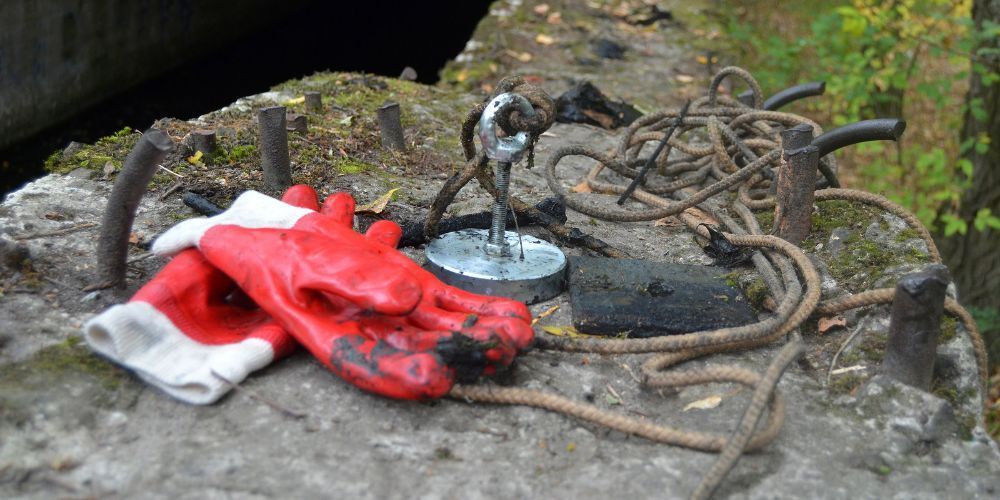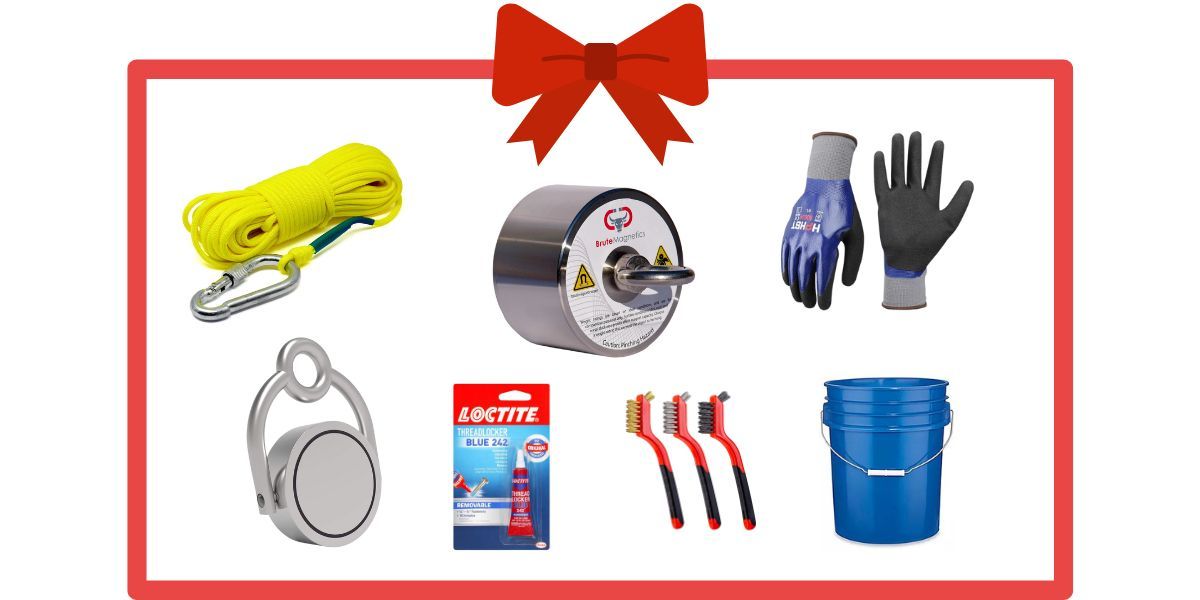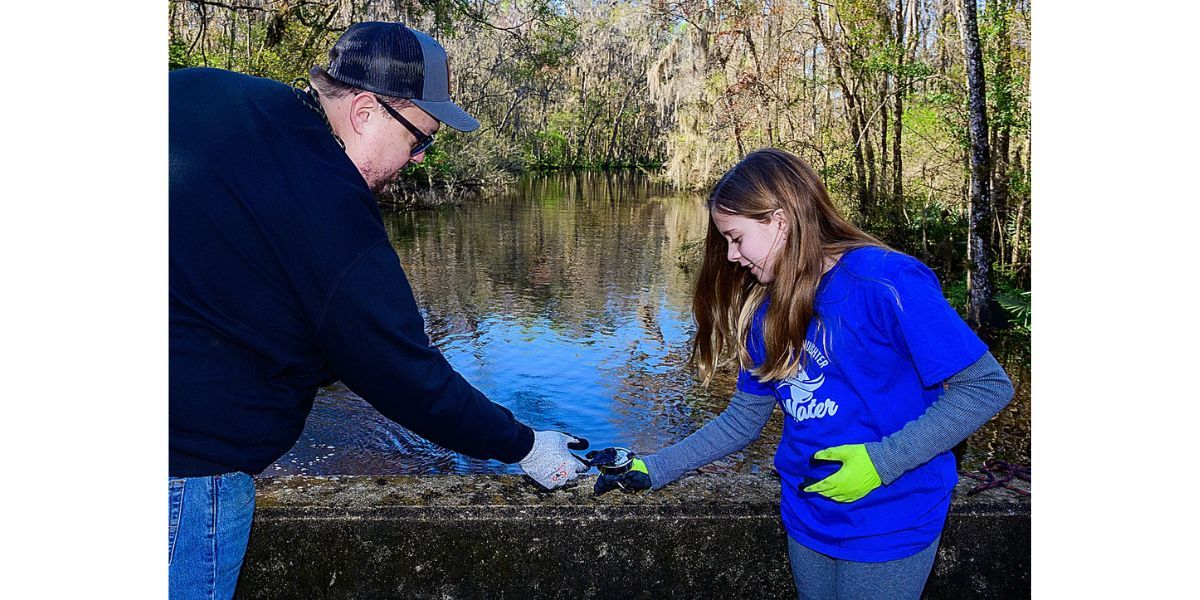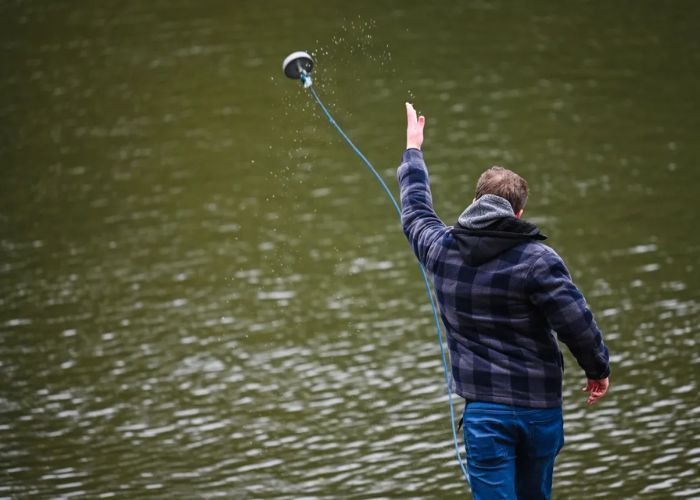Magnet Fishing Laws: A State-by-State Guide
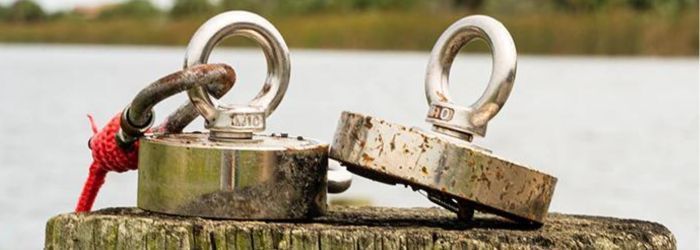
Updated August 20, 2025
Magnet fishing has grown in popularity across the United States, but hobbyists must be aware of state and federal laws that could impact their finds. While magnet fishing itself is generally legal, regulations vary by location—especially regarding the removal of historical artifacts from public waterways. Taking artifacts or antiquities from state or federally owned waters is often restricted and may require a permit.
At the federal level, several laws may impact magnet fishing:
- The Archaeological Resources Protection Act (ARPA) of 1979 prohibits the removal of artifacts over 100 years old from federal and Native American lands without a permit. Violations can result in fines or imprisonment.
- The National Historic Preservation Act (NHPA) of 1966 protects cultural and historical sites, including submerged artifacts. Some locations may require reporting any finds instead of removing them.
- The Clean Water Act (CWA) and Rivers and Harbors Act of 1899 regulate activities that could disturb waterways or introduce pollutants. While not specifically aimed at magnet fishing, removing hazardous materials or disturbing certain waters may raise legal concerns.
At the state level, laws vary significantly. As of February 3, 2025, South Carolina remains the only state that explicitly prohibits magnet fishing under the Underwater Antiquities Act. Other states may not ban the activity outright but enforce strict regulations regarding the removal of artifacts, which could impact magnet fishing finds.
This guide provides an updated state-by-state overview of magnet fishing laws. However, because regulations can change and may vary by locality, it is strongly recommended that magnet fishers check with local authorities before magnet fishing in any state. Always obtain permission when necessary and ensure compliance with both state and federal laws to protect cultural heritage and avoid legal issues.
Read the frequently asked questions about magnet fishing laws and permits.
Read the my disclaimer at the bottom of the page.
State-by-State Magnet Fishing Laws
Alabama: In Alabama, there are no specific laws prohibiting magnet fishing, but general rules regarding trespassing and removing property from waterways must be followed; historical artifacts are defined as archaeological objects over 100 years old, and it is prohibited to remove artifacts from state waters. Learn where to magnet fish in Alabama.
Alaska: In Alaska, magnet fishing is permitted in public waterways, and artifacts predating European settlement are protected under state law. Learn where to magnet fish in Alaska.
Arizona: In Arizona, there are no specific magnet fishing laws, but it is allowed with permission on private property; "antiquities" refers to artifacts over 75 years old related to Native American history. Learn where to magnet fish in Arizona.
Arkansas: In Arkansas, magnet fishing is legal unless expressly prohibited, and historic artifacts are defined as those predating the 1803 Louisiana Purchase. Learn where to magnet fish in Arkansas.
California: [Last updated August 20, 2025] In California, magnet fishing is allowed in navigable public waterways, but it is unlawful to remove artifacts of any age from state waters. Most California state parks prohibit magnet fishing due to archaeological protection regulations, and some parks require special permits for metal detecting activities. Always check with individual park rangers before magnet fishing in any state park location. Learn where to magnet fish in California.
Colorado: In Colorado, magnet fishing must avoid trespassing on private property, and archaeology refers to artifacts over 200 years old. Learn where to magnet fish in Colorado.
Connecticut: In Connecticut, magnet fishing is allowed in public waterways, where historic artifacts are defined as those predating 1783. Learn where to magnet fish in Connecticut.
Delaware: In Delaware, there are no specific magnet fishing laws, but the state follows federal definitions regarding historic archaeological finds. Learn where to magnet fish in Delaware.
Florida: In Florida, magnet fishing is allowed in navigable state waters, and historic artifacts are defined as those over 50 years old. Learn where to magnet fish in Florida.
Georgia: In Georgia, there are no laws prohibiting magnet fishing in public waterways, and the state protects artifacts predating European colonization. Learn where to magnet fish in Georgia.
Hawaii: In Hawaii, magnet fishing is generally allowed in public areas, and historic artifacts are defined as those predating 1778. Learn where to magnet fish in Hawaii.
Idaho: In Idaho, magnet fishing is permitted in public waterways, but it is unlawful to remove "antiquities" from public lands. Learn where to magnet fish in Idaho.
Illinois: In Illinois, magnet fishing is allowed except where prohibited by local laws, but there are restrictions on removing artifacts from rivers and lakes. Learn where to magnet fish in Illinois.
Indiana: In Indiana, magnet fishing is permitted in public waterways, where historic artifacts over 50 years old are protected. Learn where to magnet fish in Indiana.
Iowa: In Iowa, magnet fishing is allowed except where expressly prohibited, but the state prohibits removing undefined "cultural artifacts." Learn where to magnet fish in Iowa.
Kansas: In Kansas, magnet fishing is allowed except where prohibited, and the state protects archaeological sites from disturbance. Learn where to magnet fish in Kansas.
Kentucky: In Kentucky, there are no magnet fishing laws, but the state broadly protects pre-modern archaeological artifacts. Learn where to magnet fish in Kentucky.
Louisiana: In Louisiana, magnet fishing is generally allowed in public waterways, where artifacts over 100 years old are protected. Learn where to magnet fish in Louisiana.
Maine: In Maine, magnet fishing is permitted in great ponds and navigable rivers, and the state follows federal definitions for archaeological finds. Learn where to magnet fish in Maine.
Maryland: In Maryland, magnet fishing is allowed in public waterways, but it is unlawful to remove historic artifacts from state waters. Learn where to magnet fish in Maryland.
Massachusetts: In Massachusetts, permission is required for magnet fishing in inland waterways, and the state protects archaeological artifacts over 100 years old. Learn where to magnet fish in Massachusetts.
Michigan: In Michigan, magnet fishing is allowed except where expressly prohibited, and the state protects artifacts over 100 years old. Learn where to magnet fish in Michigan.
Minnesota: In Minnesota, magnet fishing is allowed except in protected areas, and the state defines archaeology as objects over 50 years old. Learn where to magnet fish in Minnesota.
Mississippi: In Mississippi, there are no magnet fishing laws, but the state prohibits removing artifacts from public waters. Learn where to magnet fish in Mississippi.
Missouri: In Missouri, there are no magnet fishing laws, but the state defines historic artifacts as those over 100 years old. Learn where to magnet fish in Missouri.
Montana: In Montana, magnet fishing is allowed with restrictions in certain waterways and protects archaeological finds over 100 years old. Learn where to magnet fish in Montana.
-
Brute Magnetics Boss Magnet
Read Review -
Beast Magnets 3,200lbs
Read Review -
Logui Projects 1,200lbs
Read Review -
Brute Box 1,000 lbs
Read Review -
AnglerMag 1,250lbs
Read Review -
ULIBER Swivel Magnet Fishing Kit
Read Review
Nebraska: In Nebraska, magnet fishing is permitted in most public waterways, and archaeology refers to objects over 150 years old. Learn where to magnet fish in Nebraska.
Nevada: In Nevada, there are no magnet fishing laws, but the state broadly protects historic and prehistoric artifacts. Learn where to magnet fish in Nevada.
New Hampshire: In New Hampshire, magnet fishing is allowed except where prohibited, but the state prohibits removing undefined "objects of antiquity." Learn where to magnet fish in New Hampshire.
New Jersey: In New Jersey, magnet fishing is permitted in navigable waters, but the state prohibits removing artifacts from state property. Learn where to magnet fish in New Jersey.
New Mexico: In New Mexico, there are no magnet fishing laws, but the state protects artifacts predating European colonization. Learn where to magnet fish in New Mexico.
New York: [Last updated August 20, 2025] In New York, magnet fishing is generally allowed except where prohibited, but the state restricts removal of artifacts over 100 years old. Many New York state parks ban magnet fishing entirely, and certain waterways require special permits for magnet fishing activities. The state has been increasingly restrictive about magnet fishing in public parks due to archaeological and environmental concerns. Always verify current park regulations before fishing, as policies change frequently. Learn where to magnet fish in New York.
North Carolina: In North Carolina, magnet fishing is permitted in navigable public waters, and historic artifacts predate 1790. Learn where to magnet fish in North Carolina.
North Dakota: In North Dakota, there are no magnet fishing laws, but the state prohibits removing artifacts from public waters. Learn where to magnet fish in North Dakota.
Ohio: In Ohio, magnet fishing is allowed except where prohibited, and the state protects archaeological objects from registered sites. Learn where to magnet fish in Ohio.
Oklahoma: In Oklahoma, there are no magnet fishing laws, but the state defines historic artifacts as those predating December 31, 1842. Learn where to magnet fish in Oklahoma.
Oregon: In Oregon, magnet fishing is permitted in most public waterways, Oregon law prohibits the excavation, injury, destruction, or alteration of archaeological sites or objects, or the removal of archaeological objects from public or private lands without a permit issued under ORS 390.235. This includes materials found in waterways (ORS 358.920). Learn where to magnet fish in Oregon.
Pennsylvania: In Pennsylvania, magnet fishing is allowed except where prohibited, and the state protects artifacts over 100 years old. Learn where to magnet fish in Pennsylvania.
Rhode Island: In Rhode Island, magnet fishing is permitted in public waters with some exceptions, and the state broadly protects historic artifacts. Learn where to magnet fish in Rhode Island.
South Carolina: [Updated April 2024]In South Carolina magnet fishing is illegal, the South Carolina Underwater Antiquities Act, the South Carolina Institute of Archeology summarizes it as "Activities such as Magnet Fishing are prohibited in South Carolina waterways and SCIAA does not issue Hobby Licenses for this potentially destructive practice. The South Carolina Underwater Antiquities Act does not allow for indiscriminate collection of artifacts using equipment that is deployed from the surface of the water, including use of tethered rakes, scoops, or magnets."
South Dakota: In South Dakota, there are no magnet fishing laws, but the state prohibits removing undefined "objects of antiquity." Learn where to magnet fish in South Dakota.
Tennessee: In Tennessee, there are no magnet fishing laws, but the state protects artifacts over 100 years old. Learn where to magnet fish in Tennessee.
Texas: In Texas, magnet fishing is allowed in navigable public waters, with broad protection for cultural artifacts and antiquities. Learn where to magnet fish in Texas.
Utah: In Utah, magnet fishing is permitted except where prohibited, and the state protects archaeological objects over 100 years old. Learn where to magnet fish in Utah.
Vermont: In Vermont, magnet fishing is allowed in public waterways, but the state prohibits removing undefined "objects of antiquity." Learn where to magnet fish in Vermont.
Virginia: In Virginia, magnet fishing is permitted except where prohibited, with broad protection for archaeological artifacts. Learn where to magnet fish in Virginia.
Washington: In Washington, magnet fishing is allowed in navigable public waters, and the state protects archaeological objects over 100 years old. Learn where to magnet fish in Washington.
West Virginia: In West Virginia, there are no magnet fishing laws, but the state prohibits taking artifacts from state lands. Learn where to magnet fish in West Virginia.
Wisconsin: In Wisconsin, special permits are required for magnet fishing in most waterways, and the state protects archaeological sites and objects. Learn where to magnet fish in Wisconsin.
Wyoming: In Wyoming, there are no magnet fishing laws, but the state broadly protects artifacts. Learn where to magnet fish in Wyoming.
While magnet fishing is allowed in most public waterways, special care must be taken to avoid removing historical artifacts, which are usually well-protected by state laws. It's crucial to check local ordinances and artifact definitions before magnet fishing. This guide summarizes key magnet fishing laws in each state as a helpful reference. Remember to put safety and preservation first when pursuing the hobby. Proper and lawful disposal of items you find while magnet fishing is just as important, learn how to properly dispose and recycle those treasure you don't keep with our disposal guide.
Also check out our post on What to Do If You Find a Gun Magnet Fishing for guidance on legal, safety, and ethical implications.
IMPORTANT Disclaimer
This article provides a general informational summary of magnet fishing laws in the United States based on available research. However, it does not constitute legal advice. Laws and regulations may change at any time, and local, state, and federal restrictions may apply. The removal of artifacts from public waters may be regulated or prohibited, and magnet fishers must ensure they comply with all applicable laws.
This article is intended for educational purposes only and does not replace professional legal counsel. Before engaging in magnet fishing, always consult local and state authorities to understand the most current regulations in your jurisdiction. Do not trespass on private property or remove artifacts from public waterways unless expressly permitted by law.
Magnet fishers assume full responsibility for verifying and complying with all relevant laws. The author and publisher disclaim any liability for the use or misuse of information contained in this article. This article should not be interpreted as encouragement to engage in magnet fishing where it may be restricted. Always prioritize legal compliance, safety, and the preservation of historical sites when magnet fishing as a hobby.
Check out our gear guides for the best magnet fishing magnet, best magnet fishing kit, and best grappling hooks.
Brute Magnetics Boss Magnet
See PriceBeast Magnets 3200 lbs
See PriceMagnetar Warrior Package
See PriceULIBER Swivel Magnet Fishing Kit
See PriceBrute Box 1000 lbs
See PriceAnglerMag 1250 lbs
See PriceMagnetar 360º 1300 lbs Magnet Fishing Kit
See PriceLogui Projects 1200 lbs
See PriceGRTARD 500 lbs Magnet Fishing Kit
See Price425 lbs Junior Magnet Fishing Kit
See Price760 lbs Magnet Fishing Kit for Beginners
See Price700 lbs Beginners Maget Fishing Kit
See PriceThis FAQ is updated regularly, but laws change frequently. Always verify current regulations with local authorities before magnet fishing in any new location. Last updated August 20, 2025.
Author: Will Flaiz




